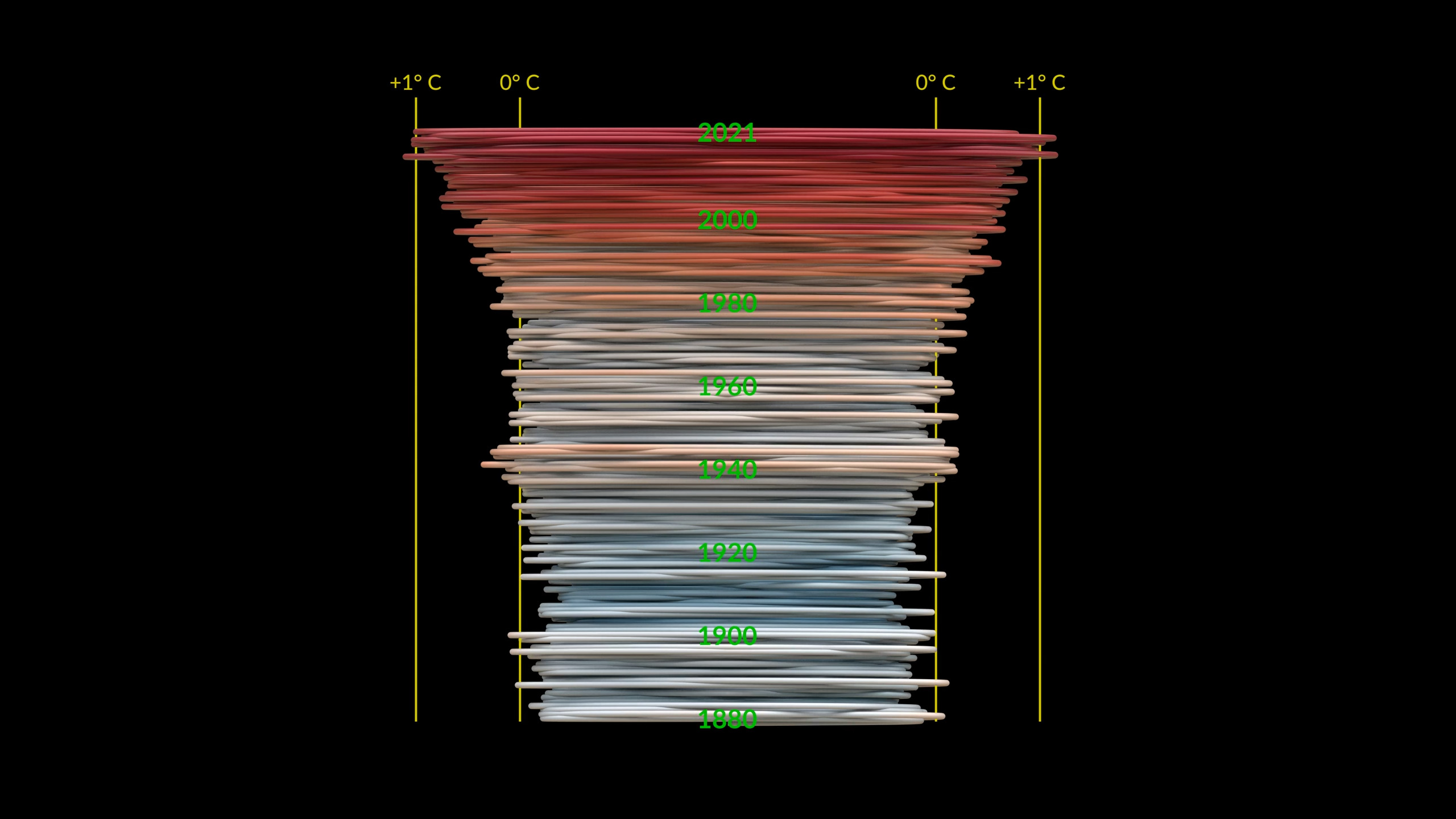NASA Is Looking To Answer A Crucial Question About Global Warming
NASA is launching a new mission this week that will try to answer one of the most crucial global warming questions scientists have about our planet: At what point will the Earth's oceans stop trapping excess heat and begin releasing it?
The answer to this question has eluded scientists for decades, as the threats of climate change have only continued to grow. Now, though, with the ice shelves closer to melting than ever, and rising sea levels seemingly coming no matter what we do, NASA is launching a massive survey of Earth's oceans, lakes, and rivers.

The space agency says that this mission, which will be conducted with the Swot satellite (short for surface water and ocean topography), will be the first of its kind to fully register and collect data on all of the Earth's surface water supply. It's an unprecedented mission that will not only give us more insight into our oceans but could also help us tackle global warming issues in the future.
There's no doubt that the Earth's global temperature is rising. NASA shared an intriguing gif on the planet's rising temperatures not that long ago, giving a good overview of how that temperature has changed over the centuries. If we can answer this crucial global warming question and learn more about Earth's natural climate change deterrents, perhaps we could also find new ways to slow down the rising temperatures.
The thing that really makes this mission so impressive, though, is how much data Swot will be able to capture as it tries to answer this lingering question. Further, if we can learn more about how the ocean traps the excess heat, we could find a way to replicate it, or at the least stop the oceans from becoming overloaded with excess heat to the point of releasing it all.
